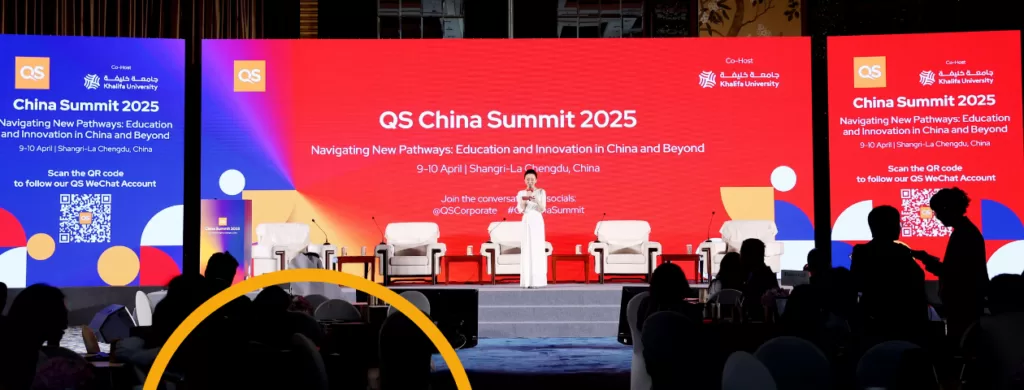
One of the most powerful characteristics of a focus group is its capacity to throw up unpredictable but highly memorable comments – those quotable nuggets that stick in your mind and summarize an issue. Over the past year, running focus groups with prospective students around the world, I’ve had plenty of opportunities to see this in practice.
Below are five of the most memorable sentences I’ve heard from prospective students in the past 12 months – each summing up one of the main barriers they face, and highlighting an opportunity for universities to improve their communications.
-
“I think university websites are ambiguous by design.”
– Luis in Bogota
This first comment from an international applicant in Colombia conveys the extent of many prospective students’ frustrations with university websites. Around the world, we’ve repeatedly encountered complaints that the information they want is too difficult to locate, ambiguous, out of date, or simply missing.
-
“If you as a university cannot organize your website well, how can you teach me?”
– Pietro in Rome
Following on from the first point, this comment from an Italian applicant should hammer home the extent of the damage that can be caused by a bad user experience on a university website. Prospective students won’t just leave the site; they’ll leave with a negative impression of the university as a whole.
-
“It’s more important to contact alumni than the administration.”
– Andreas in Paris
This comment from a French PhD applicant stuck with me as a powerful reflection of the importance of peer reviews for today’s prospective students. Increasingly, the world over, they want to hear not just from official university representatives, but from current and former students.
-
“I think you can never have a really personal interaction with a university.”
– Salimatou in Paris
Also in France, this comment from a somewhat disillusioned master’s candidate caught my attention as an extreme expression of another frustration shared by many prospective students. Whether meeting universities in person or communicating remotely, they’re desperate for more personal answers to their questions, beyond a standard cut-and-paste response.
-
“Are they working at McDonalds, or are they working at McKinsey?”
– Cara (from the US) in London
Finally, this wry comment on graduate employment rates tickled me, as a memorable example of the savviness of today’s prospective students. They expect to be marketed to, and they’re ready to subject universities’ claims to critical analysis. They want much more detailed information than is usually offered at present, corroborated across a range of sources. A good reminder of both the challenges and opportunities for university communications teams!



